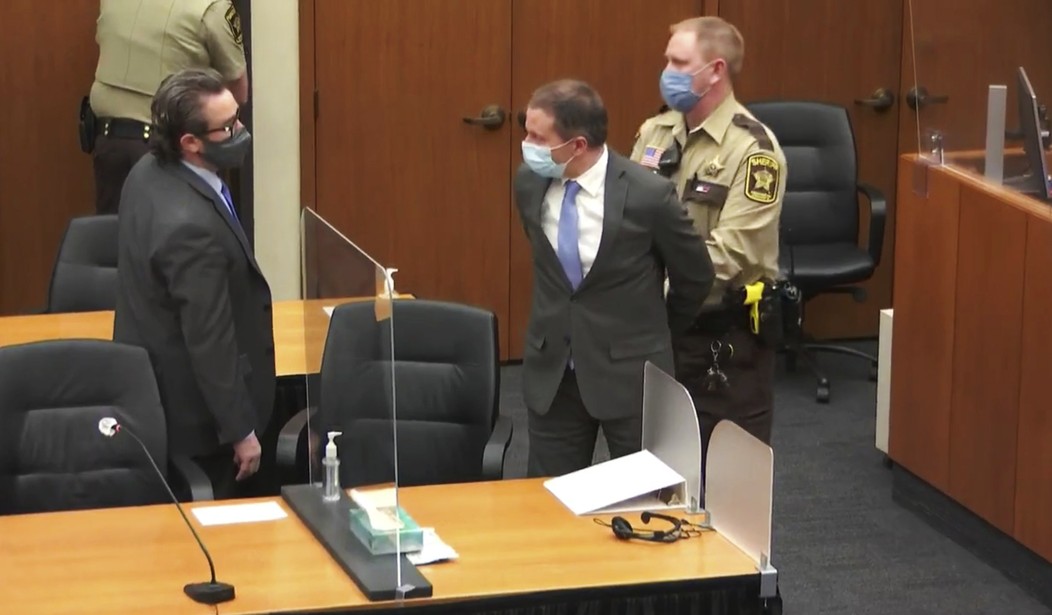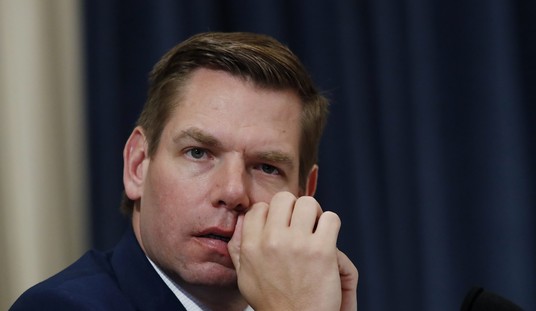There are few things more disgusting than when the judicial branch joins in with a vendetta against a defendant because of the political climate.
In April, former Minneapolis police officer Derek Chauvin was found guilty of second-degree murder, second-degree manslaughter, and third-degree murder in the death of George Floyd. I’m not a fan of police brutality, but what happened to Chauvin at the hands of his own department and the local judiciary was nothing short of using one man as a human sacrifice to appease the mob. The decision to keep the trial in Minneapolis in view of the existing riots and the recent memory of the Rodney King affair was indefensible. One alternate juror admitted to fearing for what would happen to him if he voted to acquit.
The prosecution refused to present the evidence of the official medical examiner that showed Floyd died of a drug overdose (fancy that, a drug addict dying of a drug overdose) and relied upon the autopsy funded by the Floyd family (read Prosecutor in the George Floyd Case Asks Jury to Disregard Evidence Submitted by the Prosecution Team). The jury was not sequestered despite the 24/7 publicity. Minneapolis awarded the Floyd family a multi-million dollar settlement right in the middle of jury selection.
But the #BLM crowd demanded a human sacrifice, and that is what they got. Chauvin got a pro forma trial with a preordained outcome.
Now Chauvin is appealing his 22 ½ year sentence. While experts say that he has very little chance of prevailing on any of his issues, the Minnesota Supreme Court is taking zero chances with a random act of justice occurring.
The Minnesota Supreme Court on Wednesday denied Derek Chauvin’s request for a public defender as the former Minneapolis police officer prepares to appeal his murder conviction in the death of George Floyd.
Chief Justice Lorie Gildea signed an order that said Chauvin failed to prove that he qualifies for representation from a public defender.
The court determined that Chauvin did not illustrate that he did not have the means to pay for a private attorney. Gildea did not, however, reveal further details regarding his assets or debts.
The chief justice wrote in the order, citing state law, that a defendant is considered too poor to provide their own lawyer if they, “through any combination of liquid assets and current income,” are not able to finance their own attorney.
The former police officer claimed in an affidavit that he has no earnings other than nominal prison wages he has received, according to The Associated Press. He contended that his debts are larger than his assets.
Chauvin also said he does not currently have legal representation for his appeal.
The notion that Chauvin, whose wife divorced him and took their two houses in the process, has the ability to hire an attorney of his appeal is ludicrous. Even if he retained possession of his real estate, that would not constitute “liquid assets and current income.” Without the assistance of even a moderately incompetent public defender, Chauvin will be unlikely to jump through all the correct hoops necessary to give him a fighting chance. I would contend that is exactly what the Minnesota Supreme Court is trying to do.
Should Chauvin be allowed competent legal counsel for appeal, the court will be forced to either neutrally evaluate his claims of prejudice…and from my point of view, if there was ever a case that demanded a sequestered jury and a change of venue, this was that case…or develop a whole new jurisprudence based on “cases where an angry mob demands vengeance and we’re scared sh**less.”
What the Minnesota Supreme Court is doing in this case is ensuring that it never has to address Chauvin’s claims and it doesn’t run the risk of bringing this case back to the front of the news cycle. Chauvin is in prison, where he will be forgotten, and the Minnesota Supreme Court will do nothing that risks changing that.
The Boston Bomber had 5 public defenders https://t.co/7gA3NEmSSV
— crypto lefty🌹 (@leftyinvests) October 7, 2021














Join the conversation as a VIP Member